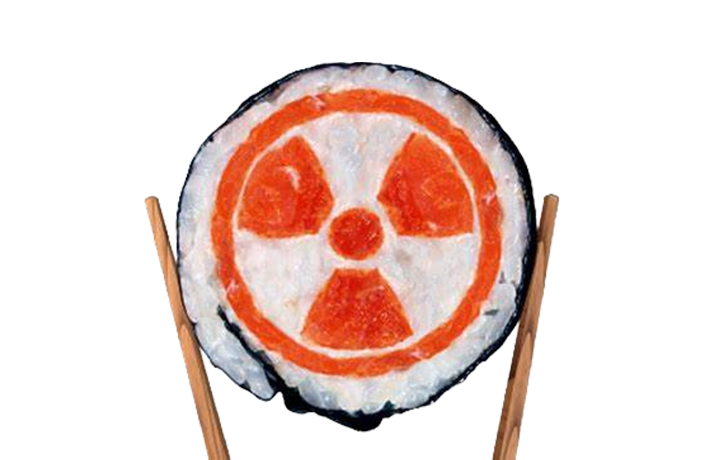China has announced it will ban food imports from 10 Japanese prefectures over plans to release treated nuclear wastewater from the devastated Fukushima facility into the ocean.
Japan's long-planned discharge of accumulated water from the nuclear plant – damaged by a tsunami in 2011 – has finally been approved as meeting global standards by the International Atomic Energy Agency (IAEA), and is expected to begin this summer.
However, it has sparked fears of unknown risks to human health. Yesterday, China's foreign ministry said that the IAEA report cannot be used as a "green light" for the water release plan.
China's customs authority followed up today, announcing it would ban imports of foodstuffs from 10 Japanese prefectures, "including Fukushima," over safety concerns, adding that it would conduct stringent radiation tests on food from the rest of Japan.
Some 1.33 million cubic meters of groundwater, rainwater and water used for cooling has accumulated at the Fukushima site, which is being decommissioned after several reactors went into meltdown following the 2011 tsunami.
The plan is to dilute it, before discharging it into the ocean over several decades.
Along with regional neighbors, such as China, voicing concern, many in Fukushima are also opposed to the plan, particularly fishing communities who fear customers will shun their catches.
[Cover image via foodnavigator-asia.com]




















0 User Comments